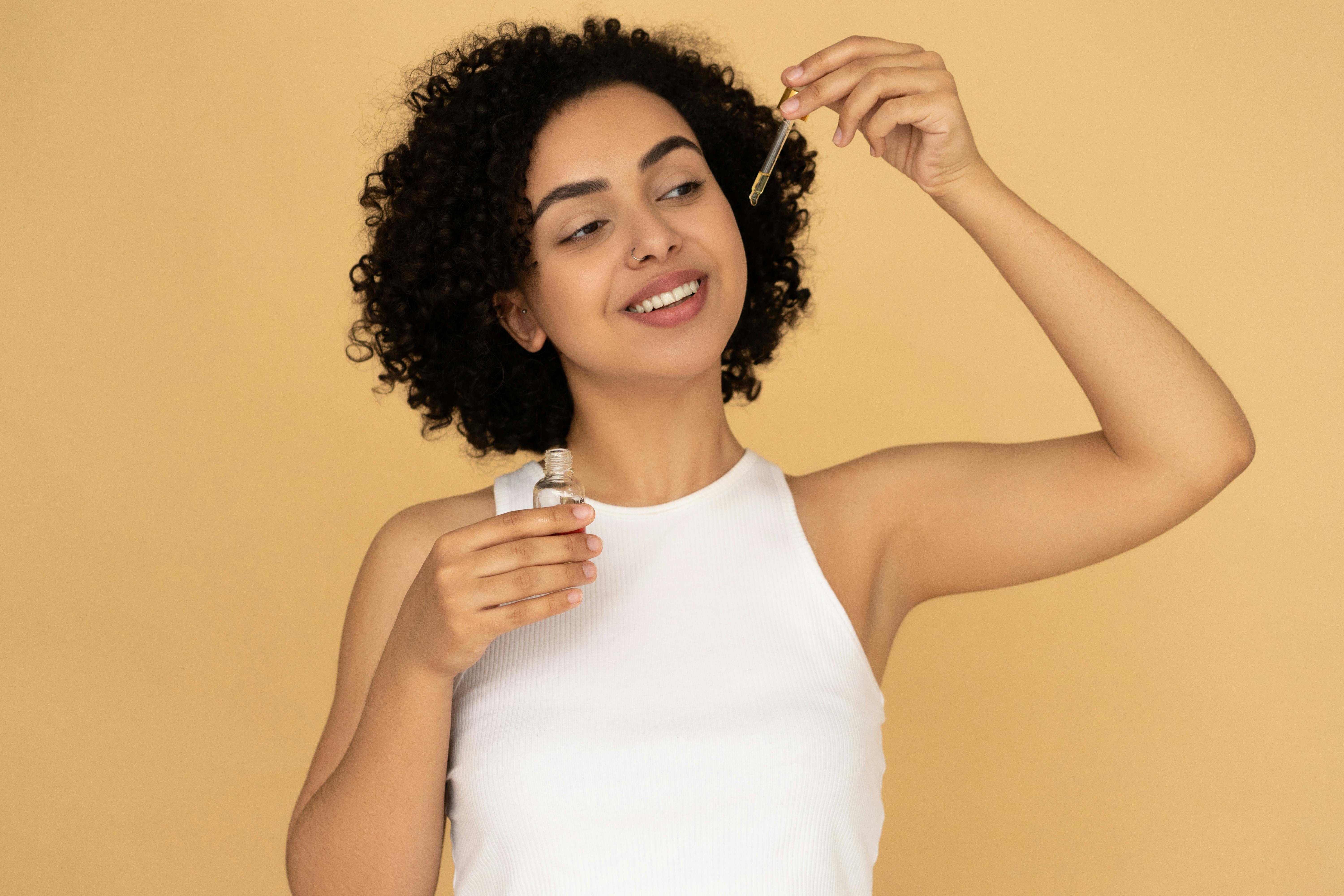We’d like to start this article by first saying that we believe the best approach to achieving health starts with a few basics. Supplements are designed to do what the name suggests: supplement your diet. Always try to establish healthy routines of adequate hydration, regular exercise and a balanced, varied and nutritious diet. Once this is established in your life, it would be a good time to start incorporating supplementation into your regimen.
The supplement you take will depend on a few key things.
What are your goals? Do you want to increase muscle growth, boost your immunity, improve your skin, hair and nails?… Your individual goals will dictate what you choose.
But, how do you prioritize the objectives for which you want to work preferably? Is immunity more important than muscle growth? Or is radiant, healthy skin at the top of your list? A good way to do this is to take an honest look at yourself (figuratively and literally). Take stock of your life. It is not an exaggeration to say that the quality of our lives is largely controlled by what we put into it. If you’re feeling down and lacking in energy, you may want to prioritize a vitamin B and vitamin D compound. If you’re overweight and looking for a slight boost to help you, then you might want to try a natural fat-burning supplement. If you find it difficult to focus, you may want to try a nootropic to improve cognitive function. You will only be able to decide how you should prioritize your supplementation regimen by taking a very honest look at yourself and examining where you are and comparing it to where you would like to be.
Whatever your goals, it’s worth making sure your supplements meet a few key criteria. First, check the ingredients and check how much of each component. For example, the mg of vitamin C. It is also good to know the source of the vitamins. For example, are they from natural ingredients or from a ‘man-made’ process? Many people like to know if the foods and supplements they take are organic. Whether a product you choose is organic or not, it should be clearly displayed on the packaging. There are also a large number of people who like to stay away from animal products. Whether or not a supplement is suitable for vegetarians or vegans should also be clearly stated on the packaging. A very important area to think about is where and how supplements are manufactured. Do they pass all safety standards for human consumption? It would be a real shame to hurt yourself while taking something you thought would help you be healthier. Make sure the vitamins and supplement compounds you take are safe and have been approved by an appropriate regulatory body, for example, the Food and Drug Administration (FDA)
This brings us to another issue that you need to be aware of. If your dietary choices leave you deficient in certain nutrients, then supplementation can be great. A good example of this is the fact that a vegan diet without supplements will leave you deficient in vitamin B12. This is an essential component for good health and care must be taken to avoid being deficient in this.
Some people like to mix up their supplementation based on the season. An obvious example of this is that in winter, people often increase their vitamin C intake to help fight viral infections.
The good news is that you can safely take most supplements with other supplements. It can be difficult to achieve optimal nutritional saturation through diet alone, and by adding the supplements you think will fill in the gaps that exist in your diet, you can help move yourself physically and mentally in the direction you’d like to go.



